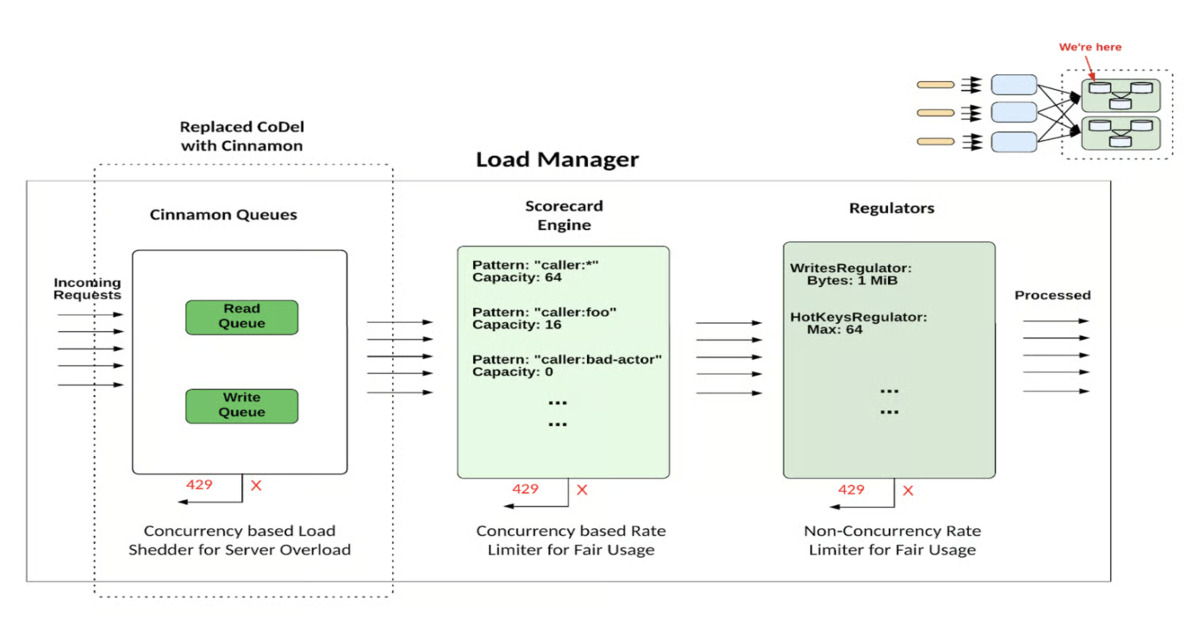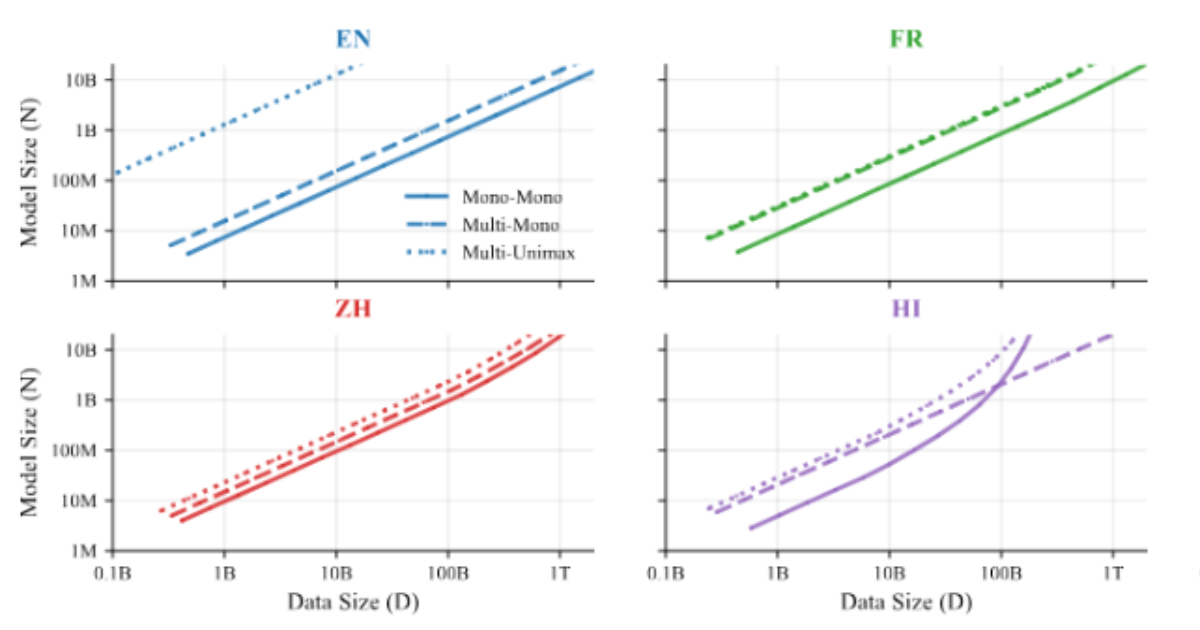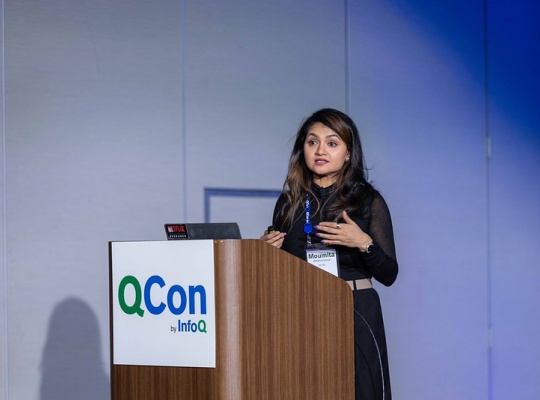Codetown
Codetown ::: a software developer's community
Speak at OSCON!
Here's a message from O'Relly about OSCON 2015:
We're deep into planning OSCON 2015 and we've got some exciting news: OSCON is changing. We're no longer beating the drum and leading the charge for mainstream acceptance of open source. No need. Everyone's using it already.
In the past, we've grouped OSCON sessions by programming verticals. This year, we're adopting a more holistic approach, focusing on using open source tools, technologies, and languagesto solve critical, real-world problems. Take a look at the topics that interest us here.
If you are passionate and knowledgeable about open source software, hardware, culture, community, or best practices, we invite you to submit a proposal to lead conference sessions and/or tutorials. We're looking for interesting stories told in captivating ways, fascinating demos, and provocative ideas.
Submit us your ideas by February 2, 2015, and make your mark at OSCON.
Here's to seeing you on stage,
Rachel Roumeliotis, Matthew McCullough, and Sarah Novotny
OSCON Program Chairs
P.S. Speaking or not, save the date: OSCON is coming to Portland, OR, July 20-24, 2015.
Notes
Welcome to Codetown!
 Codetown is a social network. It's got blogs, forums, groups, personal pages and more! You might think of Codetown as a funky camper van with lots of compartments for your stuff and a great multimedia system, too! Best of all, Codetown has room for all of your friends.
Codetown is a social network. It's got blogs, forums, groups, personal pages and more! You might think of Codetown as a funky camper van with lots of compartments for your stuff and a great multimedia system, too! Best of all, Codetown has room for all of your friends.
Created by Michael Levin Dec 18, 2008 at 6:56pm. Last updated by Michael Levin May 4, 2018.
Looking for Jobs or Staff?
Check out the Codetown Jobs group.
InfoQ Reading List
Article: Engineering Speed at Scale — Architectural Lessons from Sub-100-ms APIs

Sub‑100-ms APIs emerge from disciplined architecture using latency budgets, minimized hops, async fan‑out, layered caching, circuit breakers, and strong observability. But long‑term speed depends on culture, with teams owning p99, monitoring drift, managing thread pools, and treating performance as a shared, continuous responsibility.
By Saranya VedagiriUber Moves from Static Limits to Priority-Aware Load Control for Distributed Storage

Uber engineers detailed how they evolved their storage platform from static rate limiting to a priority-aware load management system. The approach protects Docstore and Schemaless, Uber’s MySQL-based distributed databases, by colocating control with storage, prioritizing critical traffic, and dynamically shedding load under overload conditions.
By Leela KumiliBuilding Software Organisations Where People Can Thrive

Continuous learning, adaptability, and strong support networks are the foundations for thriving teams, Matthew Card mentioned. Trust is built through consistent, fair leadership and addressing toxic behaviour, bias, and microaggressions early. By fostering growth, psychological safety, and accountability, people-first leadership drives resilience, collaboration, and performance.
By Ben LindersGoogle DeepMind Introduces ATLAS Scaling Laws for Multilingual Language Models

Google DeepMind researchers have introduced ATLAS, a set of scaling laws for multilingual language models that formalize how model size, training data volume, and language mixtures interact as the number of supported languages increases.
By Robert KrzaczyńskiPresentation: Foundation Models for Ranking: Challenges, Successes, and Lessons Learned

Moumita Bhattacharya discusses the evolution of Netflix’s ranking systems, from the multi-model architecture to a Unified Contextual Recommender (UniCoRn). She explains how they built a task-agnostic User Foundation Model to capture long-term member preferences. Learn how they solve system challenges like high-throughput inference and the tradeoff between relevance and personalization.
By Moumita Bhattacharya
© 2026 Created by Michael Levin.
Powered by
![]()
You need to be a member of Codetown to add comments!
Join Codetown